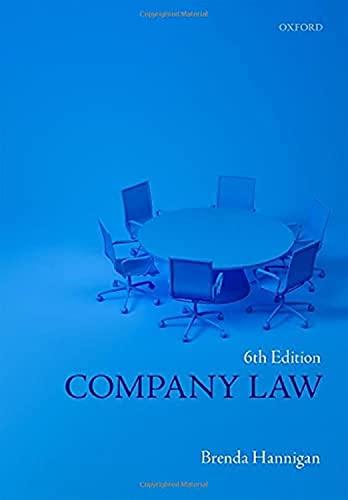Question
The issue presented to us by this appeal is whether each of the doctors, assignors of the plaintiff, is entitled to an expert witness fee
The issue presented to us by this appeal is whether each of the doctors, assignors of the plaintiff, is entitled to an expert witness fee in light of the provisions of section 68092.5 of the Government Code. This section provides as follows: "(a) A person who is not a party to the
3
*3action and who is required to testify before any court or tribunal, or in the taking of a deposition, in any civil action or proceeding, solely as to any expert opinion which he holds upon the basis of his special knowledge, skill, experience, training or education, and who is qualified as an expert witness shall receive reasonable compensation for his entire time required to travel to and from the place where the court or other tribunal, or in the taking of a deposition, the place of taking such deposition, is located and while he is required to remain at such place pursuant to subpoena. The court may fix the compensation for such appearance, in addition to such witness fees otherwise allowed by law, at such amount as seems reasonable to the court, upon motion by any party to the action or by the person required to testify and such fees shall be paid by the party requiring such witness to attend, but such fees shall not be allowable costs or disbursements."
1. As my company is not listed, the investment banks apply an illiquidity premium.
Actually, they say it is an illiquidity premium but then they call it a small cap premium.
One of the banks, apparently based on Titman y Martin (2007), added the following
small cap premiums: "0.91% if the capitalization is situated between $1,167 and $4,794
million; 1.70% if the capitalization is between $331 and $1,167 million; 4.01% if it is
lower than $331 million". Another bank adds 2% because historically the return of small
companies was smaller than that of big companies. Which one is more appropriate?
2. Which taxes do I have to use when calculating the Free Cash Flow (FCF) - is it the
marginal tax rate or the medium tax rate of the leveraged company?
3. According to what I read in a book, market efficiency hypothesis implies that the
expected average value of variations in the shares price is zero. Therefore, the best
estimate of the future price of a share is its price today, as it incorporates all the
available information. Is that right?
4. An investment bank calculated my WACC. The report says: "the definition of the
WACC is WACC = RF + u (RM - RF); RF being the risk-free rate, u the unleveraged
beta and RM the market risk rate." This is different from what we have seen in our
class. Are they right?
5. I read in a sentence passed by the Supreme Court that, in order to value companies,
economic doctrine relies on intermediary methods between the practical models and the
'Anglo-Saxon' theoretical models common in the United States and United Kingdom,
and the criteria set by the Administration is the result of a combination of both
methods. This is completely different from what we have seen in class - is it correct?
6. Did you see the Vueling case? How is it possible that an investment bank set the
objective price of its shares in 2.50 per share on the 2nd of October of 2007, just after
placing Vueling shares at 31 per share in June 2007?
7. I suppose that a valuation consciously realized in my name tells me how much I have
to offer for the company, right?
8. Do expected equity flows coincide with expected dividends?
9. What is the difference between simple return and weighted return to shareholders?
10. Is there any indisputable model to value the brand of a company?
Step by Step Solution
There are 3 Steps involved in it
Step: 1

Get Instant Access to Expert-Tailored Solutions
See step-by-step solutions with expert insights and AI powered tools for academic success
Step: 2

Step: 3

Ace Your Homework with AI
Get the answers you need in no time with our AI-driven, step-by-step assistance
Get Started


